Made Stress-Free Reliable Hassle-Free Convenient Pocket friendly
Request a call back
The surgery you need is
just a click away
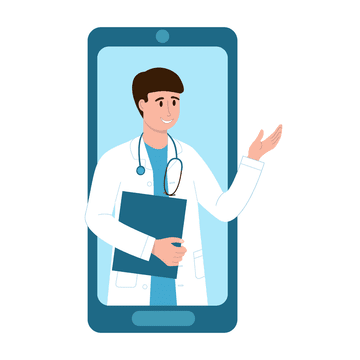

21K +
Consultations

1180
Surgeries

100+
Partner Hospitals

10000+
Hassle-free Consultation

5000+
Smooth surgeries

500+
Expert Doctors

100+
Trusted hospitals

Affordable Treatment For Varicose Vein in Mumbai
- 45 Min Procedure
- Complete Insurance Support
- Laser Treatment
- Free Pick Up & Drop
- No Stitches
About Varicose Vein
Doctors & Hospitals
Why aapkacare
FAQ
What are Varicose Veins?

Understand the Causes of Varicose Vein
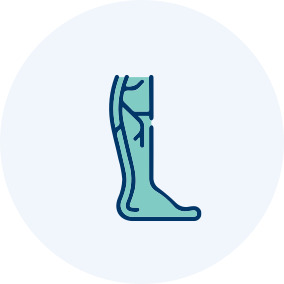
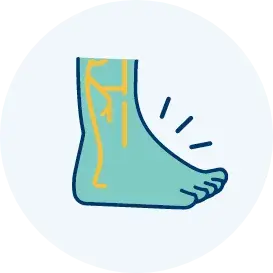

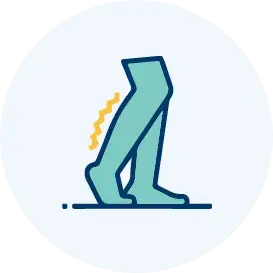
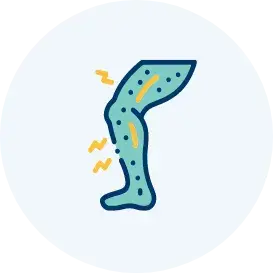
Understand the Causes of Varicose Vein



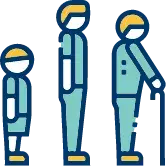

Reduced risk of urinary tract infections
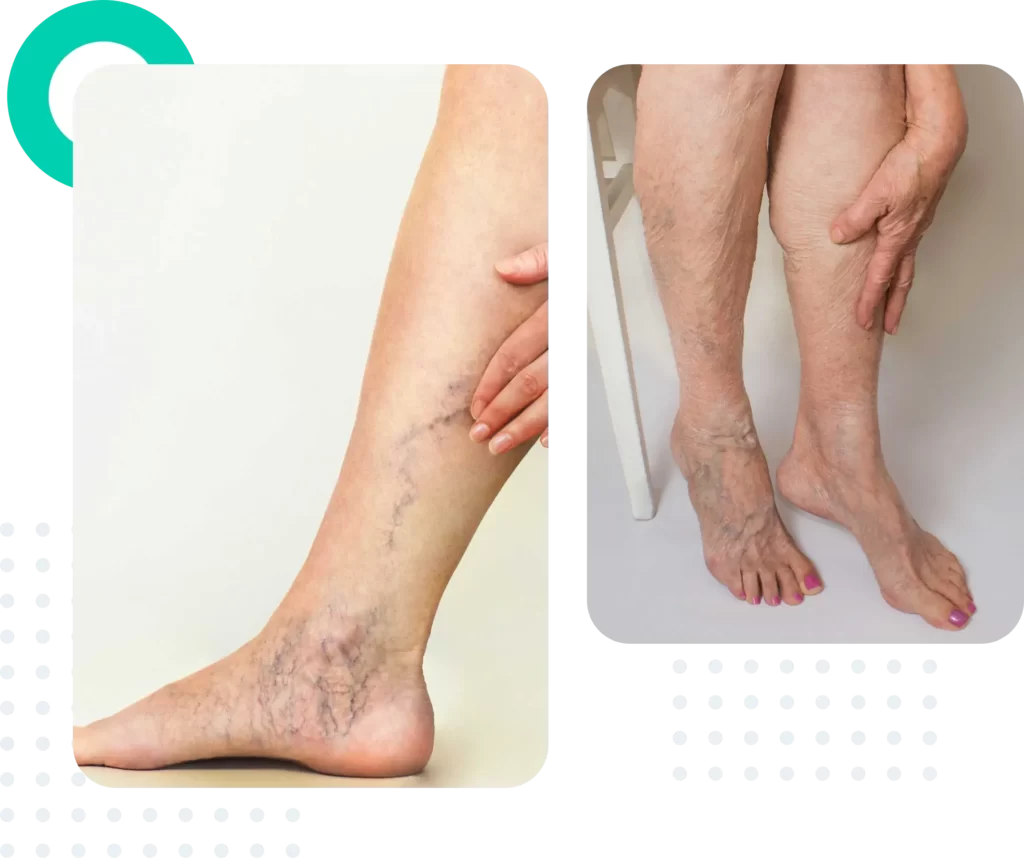

Our Experts Explain
Benefits of Laser Treatment
|
EXPERIENCE
|
OPEN SURGERY
|
LASER SURGERY
|
|---|---|---|
|
CUT
|
LONG
|
MINIMAL
|
|
PAIN
|
PAINFUL
|
MILD
|
|
STITCHES
|
MULTIPLE
|
MINIMAL
|
|
HOSPITAL STAY
|
LONG
|
ONE DAY DISCHARGE
|
|
RECOVERY
|
SLOW
|
FAST
|
Your healthcare professional will choose a specific varicose vein therapy based on:
- Age, general health, and medical background
- Magnitude of the problem
- Your symptoms and signs
- Your ability to tolerate particular treatments, operations, or medications
- Expectations on how the illness will progress
Varicose veins cannot be cured, but the following treatments can lessen their symptoms and appearance:
- Vein Surgery:The goal of this technique which is also known as ligation and stripping is to stop blood from pooling by tying off the afflicted vein.The surgeon might cut out(strip) the vein to prevent varicose veins from developing again.
- Laser Therapy:A catheter(a long, thin tube) and laser are used by medical professionals in the minimally invasive treatment called endovenous thermal ablation to seal off a damaged vein.
- Sclerotherapy(Injection Therapy): A medical professional injects a solution into your vein during sclerotherapy.The vein walls adhere to one another as a result of the solution.Your vein eventually dissolves and transforms into scar tissue.
- Elastic Stockings: Your veins will be compressed with compression socks or stockings which will reduce the pain.Your veins cannot expand because of the compression which also promotes blood flow.
- Elevation: Raise your legs above your waist multiple times during the day to improve blood flow and lower your vein pressure.
- Microphlebectomy: Varicose veins are removed using specialised equipment that are inserted through tiny cuts(incisions).It may be performed alone or with vein stripping.
- Following the operation, you will be advised to walk for 30 to 60 minutes.
- There may be minor bruises on your leg.In about two weeks, the bruises should fade.
- After your procedure, you ‘ll need a caregiver to take you home.
Be sure to follow any directions given by your doctor after you get home.You might be advised to:
- To help with reducing the swelling apply an ice pack to the area for 15 minutes at a time.
- Every day, check the post – operative areas.Light pink fluid on the bandage is typical.
- For 48 hours, avoid getting any water on the incision areas.Until the bandages are taken off you might need to take a sponge bath.
- If suggested, put on compression stockings for a few days or weeks.Your legs will feel these stockings softly squeeze them.Your legs will not swell as a result of this.Additionally, it can aid in preventing blood clotting or pooling.
- Do not spend extended periods of time lying or sitting.When you sit, keep your leg lifted.
- Don ‘t stand still for too long.
- Walk for 10 to 20 minutes each time, around three times per day.Do this for a week to two.
- Don ‘t run, jump, or lift large objects for a week or two, but keep moving about.
- For a week or two avoid taking hot baths.
- Take over – the – counter pain relievers only on your doctor ‘s advice and as needed.Some medications may make you bleed more.
- If you stopped taking blood thinners before the operation, ask your doctor when it is okay to start taking them again.
Consult your doctor immediately if you have:
- Symptoms of infection in the treated region.Redness, warmth, or fluid seeping from the incision are a few of these symptoms.
- Edema that worsens or newly forming swelling
- Any discomfort that prevents you from performing your daily chores
Considering the following points, the price of varicose vein surgery may differ from one person to another –
- The patient ‘s state of health
- The hospital type
- Fee of medical consultation
- Post – operative complications
- Patient ‘s age and the type of surgery
- Any laboratory testing or assessment tests
- Admission fee
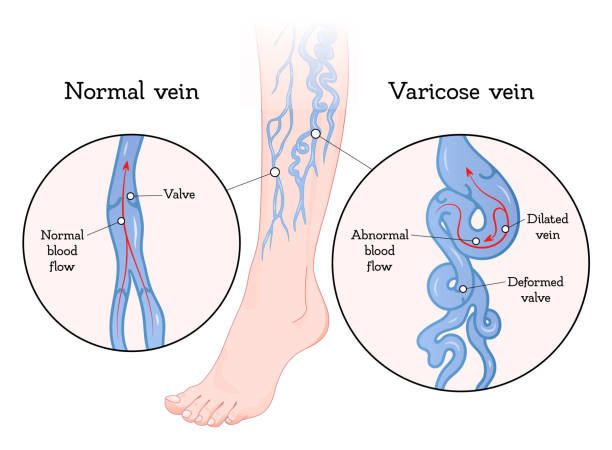
About our Doctors & Hospitals
all your queries.

Our Aim is to keep you healthy
Receive Expert Care
We find the finest doctors & facilities for your procedure

Zero Paperwork
We take care of all the paperwork so that you can relax

Hassle-Free Insurance
We work directly with your insurance provider for fast approvals

Get Home Sooner
Our advanced procedures help you recover faster and more safely

Are you worried about the cost of Varicose Vein treatment?
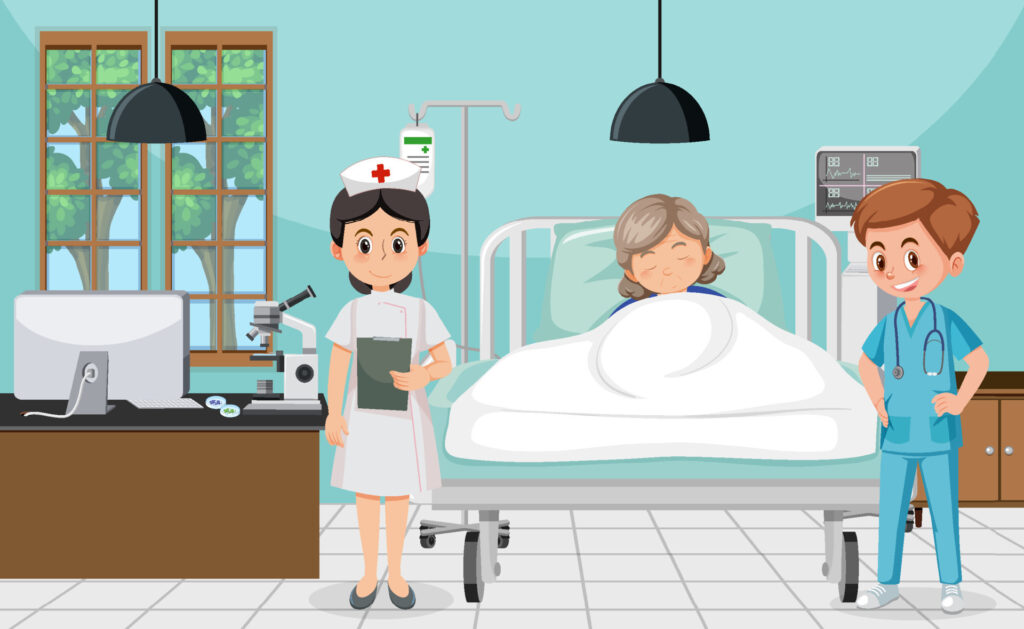
Your journey with Aapka Care Health

The varicose vein surgeons in Mumbai are highly skilled with more than 12 years of experience in successful surgeries.
Aapkacare Health offers the best varicosities treatment in Pune out of all the hospitals and clinics. We collaborate with medical professionals who have at least 12 years of expertise and carefully carry out varicose veins surgery.



